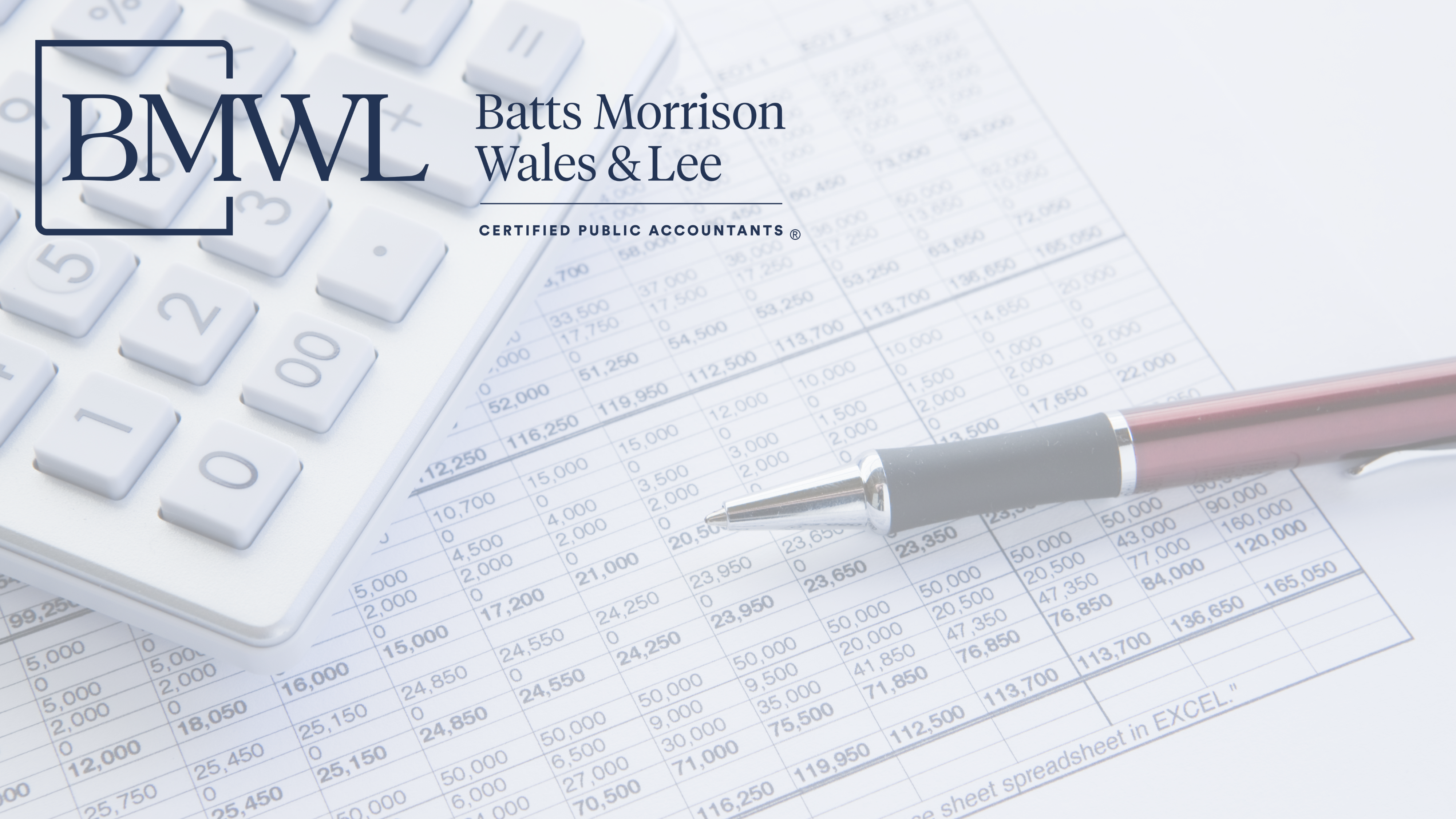
Churches desiring to employ an audit with respect to their financial operations may opt for various approaches depending on their size, scope, and complexity.
By Mike Batts, CPA
Audits are conducted by parties who are either external or internal to the church. Smaller churches use internal accountability processes typically performed by members of the churches’ governing body, by its finance committee or equivalent, or by volunteer supporters. Larger churches (those with annual revenues exceeding $3 million) find it more difficult for volunteers or others to adequately perform internal accountability functions. Accordingly, they commonly engage external auditors.
 External audits and other CPA-performed engagements
External audits and other CPA-performed engagements
Churches have external audits or other accountability-oriented services performed by certified public accounting firms for various reasons. The highest and best reason for a church to have an external audit is to facilitate the church’s financial integrity and accountability and to increase the likelihood that significant internal control deficiencies, tax compliance vulnerabilities, or similar matters will come to the attention of the church’s leadership before they become problems.
Certified Public Accountants (CPAs) and CPA firms are uniquely licensed as a matter of state law throughout the United States to perform audits and provide certain other services with respect to a church’s financial statements. The highest-quality external audits are those provided by independent CPA firms with extensive and reputable experience serving churches. Those firms should help the church proactively identify issues that warrant attention that are common to the non-profit sector.
Internal audits
Internal audits and similar activities may be conducted in a variety of ways. A church’s board, finance committee members (or equivalent), or volunteer supporters may perform these duties. In larger settings, a church may contract with an individual or a firm to perform procedures. The purposes of internal audits often vary from those of external audits, and they are designed to address either financial or operational matters.
Attributes of a quality internal audit process
Regardless of who leads and carries out an internal audit process, certain attributes should exist for the activity to be useful and credible:
- An internal audit process should be overseen by a person or group [the oversight body] that is independent with respect to the issues being addressed.
- The person or group performing the internal audit procedures and issuing the related reports [the internal auditor] should also be independent with respect to the issues being addressed.
- The internal auditor should report directly to the oversight body, not the church’s management. While the internal auditor will certainly interact with management and other employees in performing audit procedures, the internal auditor must issue and present reports directly to the oversight body for an internal audit process to maintain credibility. [Practical note — if an internal auditor is an employee, they are subject to applicable employment and other policies. With respect to such matters, an employee-internal auditor is subject to the authority of the church’s management, so long as management’s oversight does not interfere with or impede the objectivity of the internal auditor’s work and reporting responsibilities.]
- The oversight body should establish and formally approve specific objectives of the internal audit process, the methodologies to be used, and the timing and nature of the reports to be issued.
- The internal auditor should conduct the internal audit procedures and prepare the related reports pursuant to the objectives and methodologies approved by the oversight body.
- The internal auditor’s reports should provide an objective description of the findings. The quality and credibility of an internal auditor’s reports can be severely compromised when the internal auditor’s report goes beyond reporting objective findings to drawing personal conclusions or making subjective statements of opinion regarding the matters subject to the audit.
Internal financial audit checklist for small churches
BMWL has created a basic internal financial audit checklist for small churches with simple financial structures and operations to aid them in performing internal audits.
Conclusion
Churches can address audits using a variety of approaches. The approach taken should take into consideration the church’s size, scope, and complexity. Most importantly, for any accountability measure to have real value, it must be carried out by appropriate people with a commitment to excellence in the process.
Mike Batts, CPA is the managing partner of Batts Morrison Wales & Lee (BMWL). Batts has more than 30 years of experience serving hundreds of non-profit organizations in a variety of ways. He has served on and chaired the boards of non-profit organizations, both nationally and locally. Batts is a member and former chairman of the board of ECFA, an organization that accredits Christian organizations in the areas of board governance and financial integrity. He advises non-profit organizations on matters related to board governance, financial oversight, tax compliance and strategy, risk management, corporate structure, international activities, and related topics. Batts has actively engaged in non-profit legislative matters at the federal and state levels. He served as chairman of the Commission on Accountability and Policy for Religious Organizations, a national legislative advisory commission convened to address tax policy recommendations for Congress, the Treasury Department, the non-profit sector, and the giving public. Batts has written several books covering a variety of topics important to non-profit organizations, including books addressing board member responsibilities, financial administration, and unrelated business income. His newest book is Nonprofit Finance: The Field Guide for Financial Operations of Ministries, Schools, and Other Public Charities (Accountability Press, LLC). Batts is a summa cum laude graduate of Stetson University, where he studied accounting. He received state and national recognition for scoring the highest in the state on the Florida CPA examination. Batts leads BMWL’s national headquarters office in Orlando as well as their Dallas office. To contact him and the BMWL team, reach out to Info@NonprofitCPA.com.


